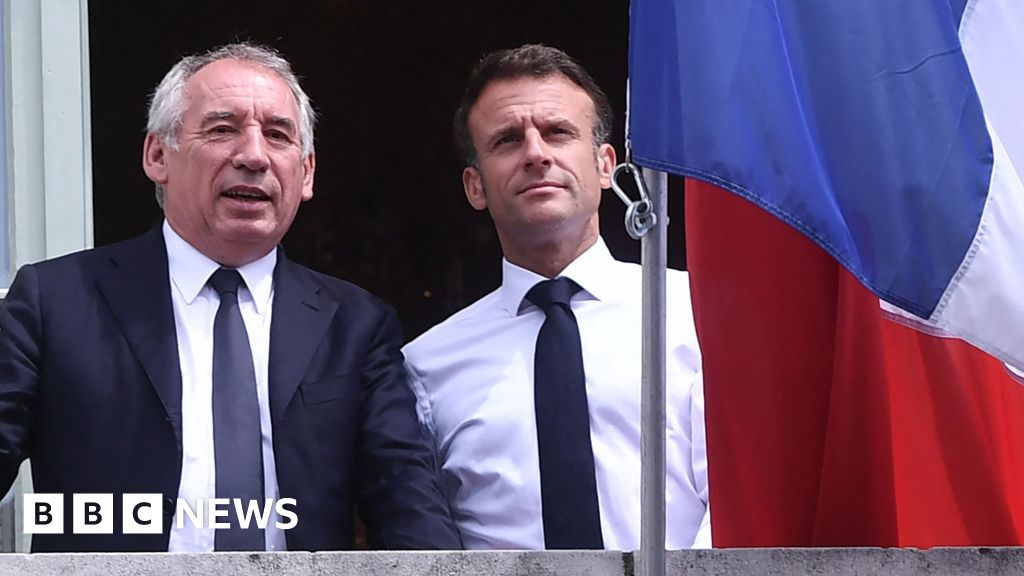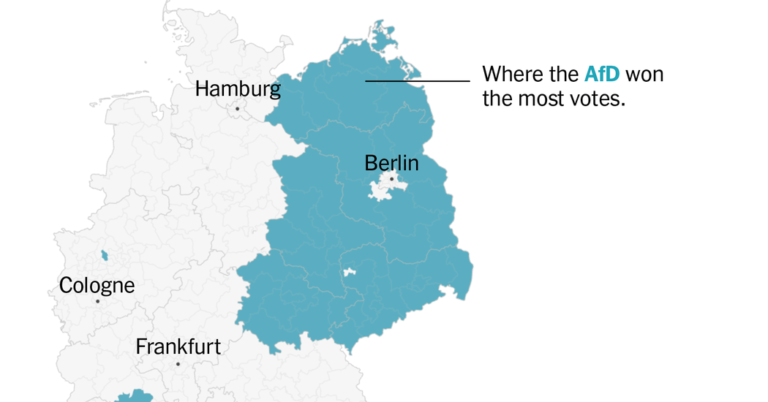Here is the plain text result:
President Emmanuel Macron has named centrist leader François Bayrou as France’s next prime minister, in a bid to end months of political turmoil. Bayrou, a 73-year-old mayor from the south-west who leads the MoDem party, said everyone realised the difficulty of the task ahead: “I think reconciliation is necessary.”
Bayrou is seen by Macron’s entourage as a potential consensus candidate and his task will be to avoid the fate of his predecessor. Ex-Brexit negotiator Michel Barnier lasted just three months and was ousted by MPs nine days ago.
Macron is half-way through his second term as president and Bayrou will be his fourth prime minister this year.
French politics has been deadlocked ever since Macron called snap parliamentary elections during the summer and an opinion poll for BFMTV on Thursday suggested 61% of French voters were worried by the political situation.
Although a succession of allies lined up to praise Bayrou’s appointment, Socialist regional leader Carole Delga said the whole process had become a “bad movie”. Far-left France Unbowed leader Manuel Bompard complained of a “pathetic spectacle”.
The centre-left Socialists said they were ready to talk to Bayrou but would not take part in his government. Leader Olivier Faure said because Macron had chosen someone “from his own camp”, the Socialists would remain in opposition.
President Macron has vowed to remain in office until his second term ends in 2027, despite Barnier’s downfall last week.
He cut short a trip to Poland on Thursday and had been expected to name his new prime minister on Thursday night, but postponed his announcement until Friday.
He then met Bayrou at the Elysée Palace and a final decision was made hours later. But in an indication of the fraught nature of the talks, Le Monde newspaper suggested that Macron had preferred another ally, Roland Lescure, but changed his mind when Bayrou threatened to withdraw his party’s support.
Bayrou was set to move into the prime minister’s residence at Hôtel Matignon within hours, and a red carpet was rolled out for the transfer of power even before his name was confirmed.
His challenge will be in forming a government that will not be brought down the way his predecessor’s was in the National Assembly.
When the only possible means of survival for a minority government is to build bridges on left and right, Bayrou has the advantage of having passable relations with both sides, reports BBC Paris correspondent Hugh Schofield.
Michel Barnier was only appointed in September and LFI MPs have already indicated they will propose another vote of no confidence in his successor’s government.
He was voted out when Le Pen’s National Rally joined left-wing MPs in rejecting his plans for €60bn (£50bn) in tax rises and spending cuts.
Source link




